A Comparative Look at Switzerland and Germany: A Geographical and Cultural Journey
Related Articles: A Comparative Look at Switzerland and Germany: A Geographical and Cultural Journey
Introduction
With enthusiasm, let’s navigate through the intriguing topic related to A Comparative Look at Switzerland and Germany: A Geographical and Cultural Journey. Let’s weave interesting information and offer fresh perspectives to the readers.
Table of Content
A Comparative Look at Switzerland and Germany: A Geographical and Cultural Journey
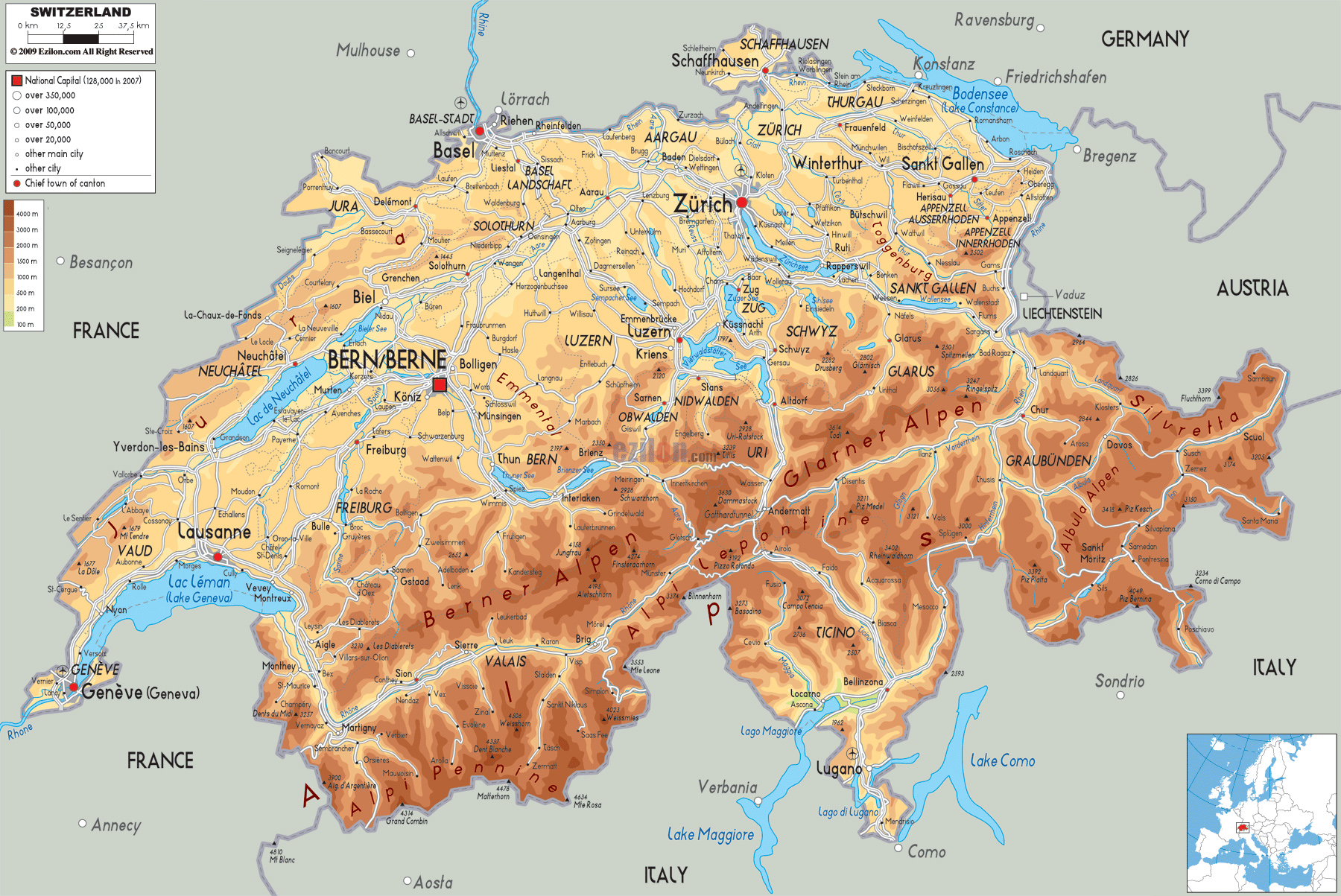
Switzerland and Germany, two European nations nestled in the heart of the continent, share a complex and fascinating relationship. While geographically intertwined, their histories, cultures, and landscapes present distinct characteristics, offering a rich tapestry of contrasts and similarities. This exploration delves into the geographical and cultural landscapes of both nations, highlighting their unique attributes and the interconnectedness that binds them.
Geographical Tapestry: Mountains, Lakes, and Rivers
Switzerland, often referred to as the "Heart of Europe," is a landlocked nation nestled in the Alps. Its diverse topography encompasses towering peaks, glistening lakes, and fertile valleys, creating a visually stunning and geographically diverse landscape. The country’s mountainous terrain, with the iconic Matterhorn as its crown jewel, has shaped its identity, influencing its industries, transportation infrastructure, and even its national psyche.
Germany, on the other hand, boasts a more varied geography, encompassing the vast North German Plain, rolling hills, and the rugged Bavarian Alps. While not as mountainous as Switzerland, Germany’s landscape is characterized by a network of rivers, including the mighty Rhine and Danube, which have played a significant role in its historical development and economic prosperity.
A Shared Border, A Shared History
The border between Switzerland and Germany is not simply a geographical boundary but a historical and cultural bridge. Throughout history, the two nations have interacted and influenced each other in numerous ways. From the Roman Empire to the modern era, their fates have been intertwined, resulting in shared cultural influences and historical experiences.
Switzerland: A Land of Neutrality and Innovation
Switzerland, known for its neutrality and political stability, has carved a distinct path in Europe. Its commitment to neutrality has allowed it to remain outside major conflicts, while its focus on innovation has propelled it to the forefront of global industries, particularly in finance, pharmaceuticals, and watchmaking. Its picturesque alpine landscapes attract tourists from around the world, making tourism a significant contributor to its economy.
Germany: A Powerhouse of Industry and Culture
Germany, a powerhouse of the European economy, has a long history of industrial innovation. From its pioneering role in the Industrial Revolution to its modern-day dominance in automotive manufacturing, technology, and engineering, Germany has consistently been a global leader in technological advancement. Its rich cultural heritage, encompassing classical music, literature, philosophy, and art, has left an indelible mark on the world.
Exploring the Cultural Tapestry
While Switzerland and Germany share some cultural similarities, they also exhibit distinct characteristics. Both nations are renowned for their high quality of life, strong social safety nets, and commitment to education. However, their cultural expressions differ significantly.
Switzerland, with its diverse linguistic landscape, showcases a unique blend of French, German, Italian, and Romansh influences. Its cultural identity is deeply rooted in its alpine traditions, with a strong emphasis on craftsmanship, precision, and a sense of community.
Germany, on the other hand, is known for its rich artistic heritage, from the Romantic era to the Bauhaus movement. Its cultural landscape is characterized by a strong emphasis on intellectualism, discipline, and a deep appreciation for history and tradition.
Interconnectedness and Shared Challenges
Despite their distinct characteristics, Switzerland and Germany are inextricably linked. Their shared history, geographical proximity, and economic interdependence have forged a strong bond between them. They cooperate closely on various fronts, including trade, environmental protection, and security issues.
However, both nations face common challenges, such as globalization, climate change, and the need to adapt to an increasingly complex and interconnected world. They are actively seeking solutions to these challenges through collaboration, innovation, and a shared commitment to sustainable development.
FAQs
1. What is the main difference between Switzerland and Germany?
While both countries share a European identity, their geographical and cultural landscapes are distinct. Switzerland is known for its mountainous terrain, neutrality, and focus on innovation. Germany, on the other hand, boasts a more varied geography, a strong industrial heritage, and a rich cultural legacy.
2. What are the main languages spoken in Switzerland and Germany?
Switzerland is a multilingual country with four official languages: German, French, Italian, and Romansh. Germany’s official language is German.
3. What are the main industries in Switzerland and Germany?
Switzerland is known for its financial services, pharmaceuticals, and watchmaking industries. Germany is a global leader in automotive manufacturing, technology, and engineering.
4. What are the main tourist attractions in Switzerland and Germany?
Switzerland is renowned for its stunning alpine scenery, including the Matterhorn, the Swiss Alps, and the picturesque Lake Geneva. Germany boasts numerous historic castles, cathedrals, and museums, as well as picturesque towns and cities like Berlin, Munich, and Cologne.
5. What are the main challenges facing Switzerland and Germany?
Both countries face challenges related to globalization, climate change, and the need to adapt to an increasingly complex and interconnected world.
Tips
For Travelers:
- Plan your itinerary carefully: Both Switzerland and Germany offer diverse attractions, so it is essential to plan your itinerary to ensure you experience the best of both countries.
- Consider transportation options: Switzerland is renowned for its efficient public transportation system, while Germany offers a comprehensive network of trains and buses.
- Learn basic phrases in the local language: While English is widely spoken, learning a few basic phrases in the local language can enhance your travel experience.
- Embrace the local culture: Both countries have rich cultural traditions, so take the opportunity to experience local cuisine, music, and art.
For Businesses:
- Explore investment opportunities: Both countries offer a favorable business environment with a highly skilled workforce and robust infrastructure.
- Network with local businesses: Building relationships with local businesses can open up new opportunities for collaboration and partnership.
- Stay informed about local regulations: Understanding local regulations is crucial for conducting business successfully.
Conclusion
Switzerland and Germany, two nations intertwined by geography and history, offer a unique and enriching experience for travelers and businesses alike. Their distinct landscapes, cultures, and economic strengths present a tapestry of contrasts and similarities, fostering a dynamic and interconnected relationship. By understanding their shared history, cultural nuances, and economic realities, we can appreciate the complexities and the interconnectedness that define these two remarkable European nations.
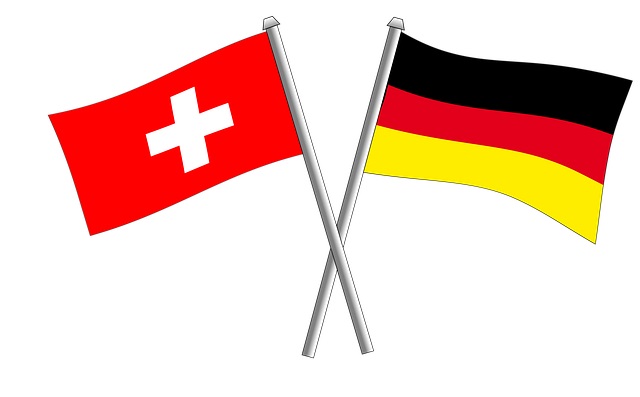



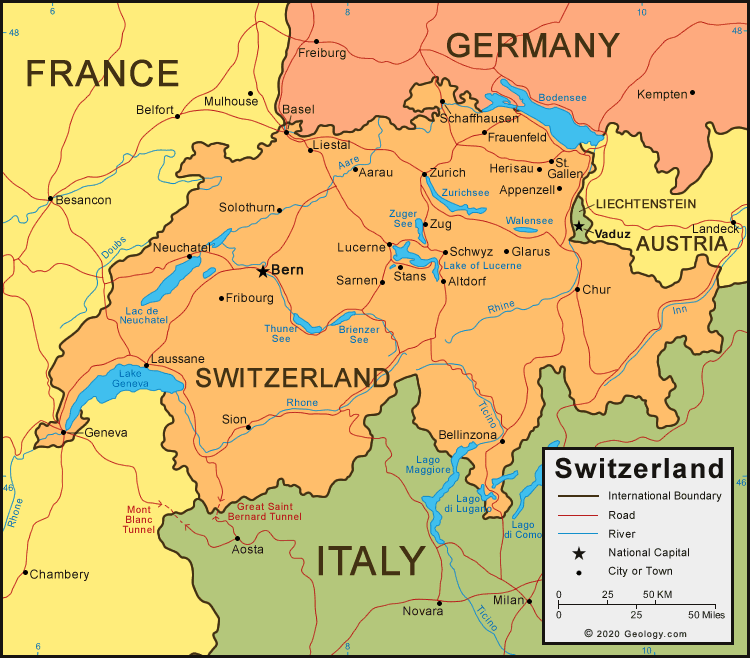
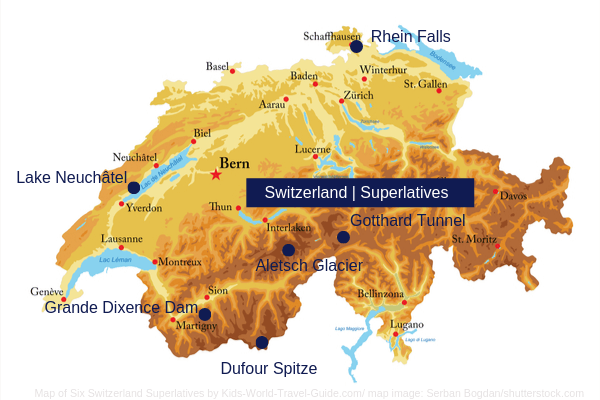
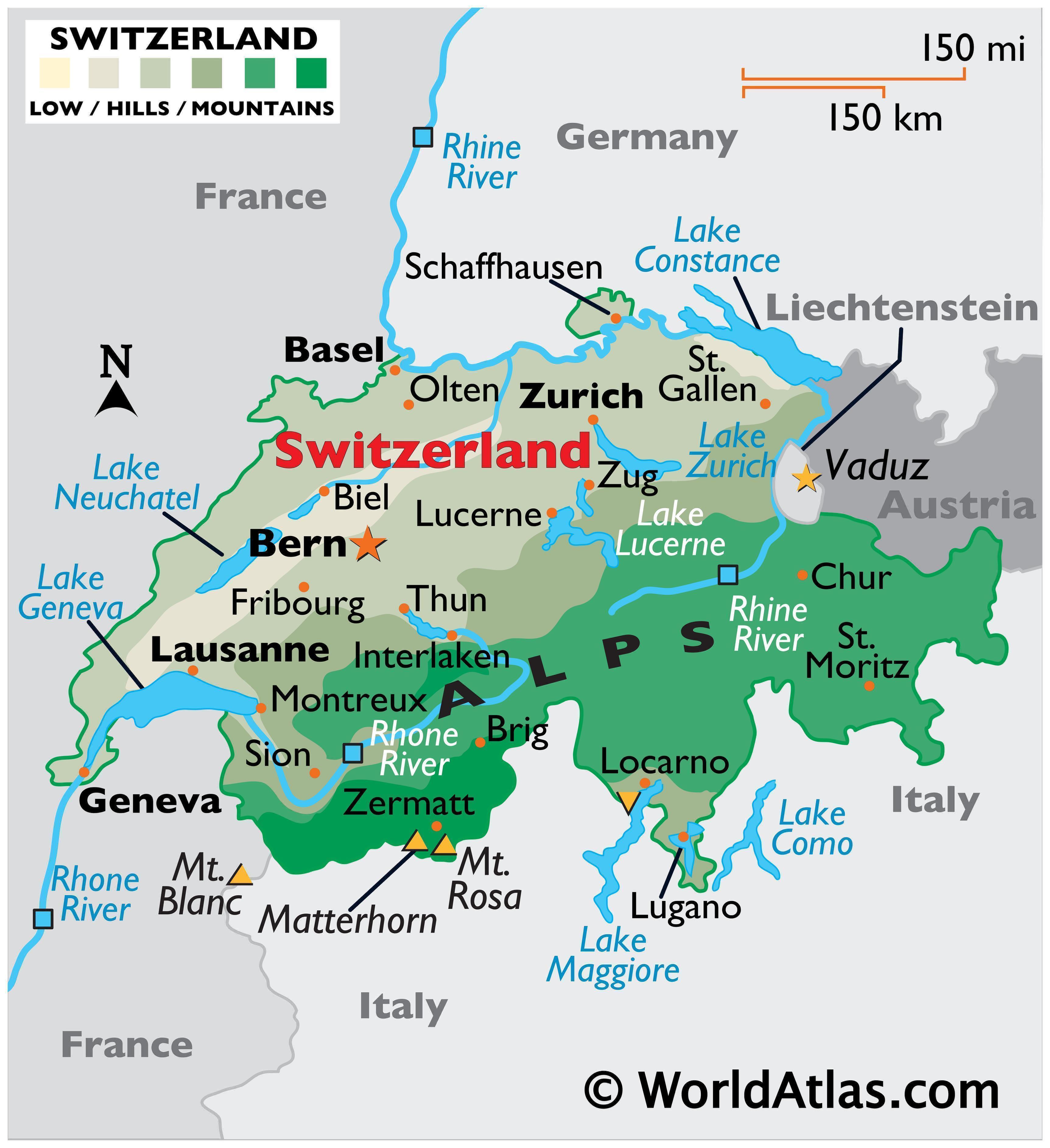

Closure
Thus, we hope this article has provided valuable insights into A Comparative Look at Switzerland and Germany: A Geographical and Cultural Journey. We thank you for taking the time to read this article. See you in our next article!